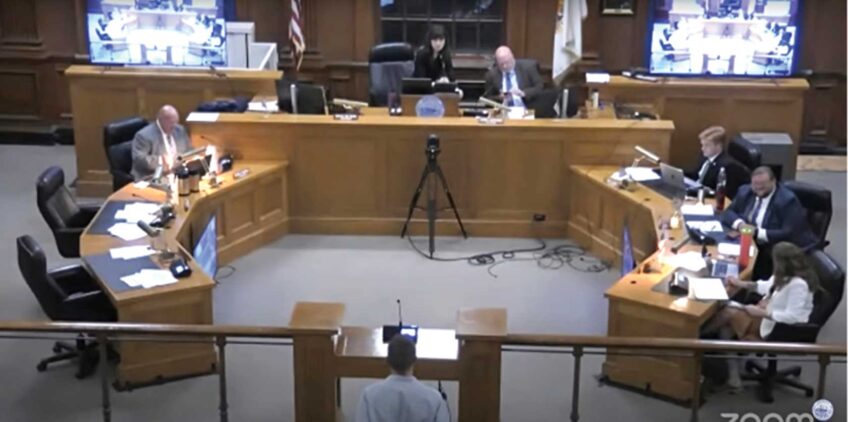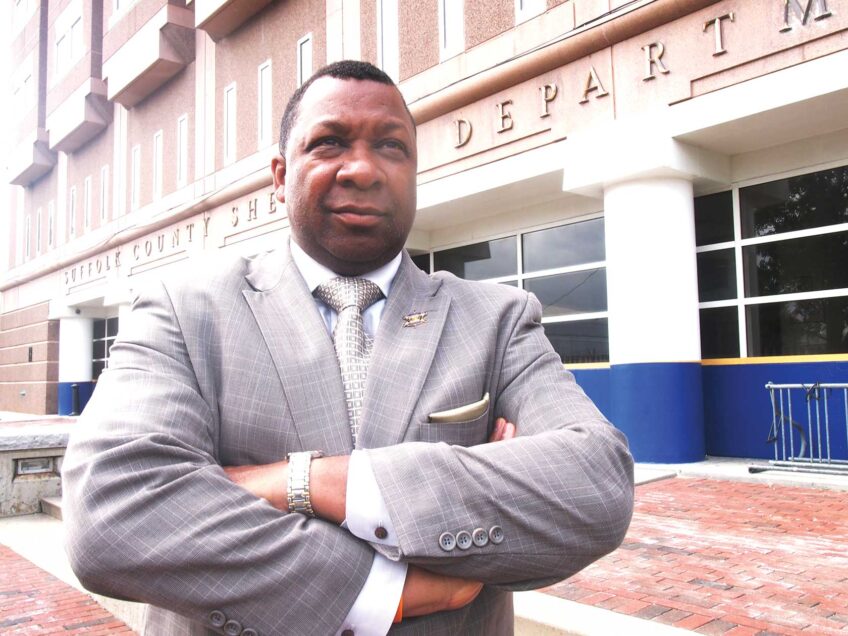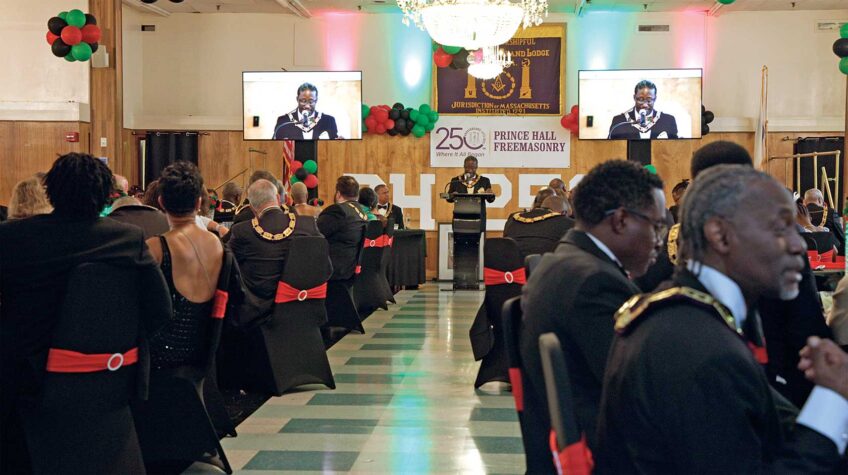Candidates say yes to rent control
Growing support among incumbents, challengers as city’s rents skyrocket

Candidates running in contested races for seats on the Boston City Council are facing a barrage of forums and endorsement processes aimed at nailing down their positions on issues ranging from support for the Suffolk County District Attorney’s “Do not prosecute” list to their willingness to oppose new fossil fuel infrastructure in Boston.
While candidates have expressed divergent views on many of the issues presented, one area where there appears to be substantial agreement is rent control. That topic is among the litmus test questions for progressive groups weighing support for council candidates.
“Housing is a top issue for JP Progressives members,” said Ziba Cranmer, a member of the Jamaica Plain group, “and we believe rent control needs to be seriously considered as a reasonable policy for allowing people to remain in their homes and preserve housing affordability, given the crisis Boston is experiencing.”
In the JP Progressives’ at-large candidates’ forum, attended by eight candidates, the group received seven statements of varying degrees of support for rent control, with incumbent Annissa Essaibi-George the sole opponent. (Incumbent Michelle Wu initially voiced opposition to rent control, but later said she would support it.)
“We wanted to get candidates on the record on rent control and on other housing policies like inclusionary development policy, particularly in the face of the outsized influence that the real estate industry has in our city,” Cranmer said.
Rent control in Massachusetts was killed by a statewide ballot initiative to prohibit it in 1994 with the “yes” votes winning by 53,000 votes out of 2.2 million. In the only three municipalities that had rent control on the books — Boston, Cambridge and Brookline — residents voted overwhelmingly in favor of keeping it.
The abolition of rent control came as gentrification was reaching its full extent in the South End, sweeping down the Washington Street corridor, and as Latino, black and working class white households were beginning to be priced out of Jamaica Plain.
Housing activists in Boston began a push to reinstate rent control as early as 1996, but consistently met with resistance from the City Council. Mayor Thomas Menino brought a modified proposal drafted by housing activists to the council in 2002 that would cap annual rent increases at five percent, or the increase in the consumer price index, for elderly, disabled, and low-and moderate-income tenants. The council voted the measure down 9-4.
In 2004, the council opposed a similar measure that would have capped rent increases at 10 percent a year.
In an April 10 council meeting, when at-large Councilor Althea Garrison advanced a proposal to revisit rent control, incumbent councilors seemed split. Responding to the hearing order, councilors Lydia Edwards and Kim Janey spoke in favor, while councilors Mark Ciommo, Tim McCarthy and Frank Baker voiced opposition.
“Rent control has been an ultimate failure in the past,” McCarthy said then, arguing that the city’s policy, instituted in 1970, suppressed real estate values and created a disincentive for landlords to improve their properties.
“I think rent control didn’t work,” Ciommo said. “It degraded neighborhoods. People didn’t invest. If we go it alone on rent control, we can just say goodbye to all the development coming in, to all the investment coming in.”
New Council
Much has changed on the council, even in the six years of the Walsh administration. Developers have worked feverishly to build new housing with the blessing the Walsh administration’s Boston 2030 plan. But rents are continuing an upward trajectory that has made most of the new housing unaffordable for most people currently living in the city.
Walsh told the Banner his administration remains focused on production of new housing units as a means to relieve pressure on the market.
“It’s not just about the cost of rents, it’s also about the fact that there’s not enough supply on the market,” he said. “Quite honestly, the biggest challenge we have in Boston and in the Greater Boston area is not having the supply in the market. You can talk about reducing rents and rent control, but if you don’t have the supply of housing, we’re going to be in the same place.”
So far, the majority of candidates interviewed by Right to The City Vote, Jamaica Plain progressives and West Roxbury/Roslindale Progressives have expressed support for rent control. With rent control opponents Mark Ciommo and Timothy McCarthy leaving office and two other councilors who have opposed rent control in the past now calling on the body to reconsider a measure, the equation in City Hall is changing.
Councilor Michael Flaherty, who opposed rent control in 2004, last year raised eyebrows when he suggested the city reconsider it, during a forum on housing affordability held in Roxbury last year.
Wu, who voiced opposition to rent control in 2013 while running for office, now says her thinking as evolved.
“Boston is at a point of crisis,” she told the Banner. “The conversation today is different than it was six years ago.”
At-large challengers who support rent control include three with the largest campaign funds: David Halbert, Julia Mejia and Alejandra St. Guillen.
“We need to consider rent control,” Halbert told the Banner during a Mission Hill fundraiser. “It’s incredibly expensive to live in this city.”
Should rent control come before the council next year, it’s possible the council would support a measure. While Walsh has come out against re-instating rent control, he advanced a measure that would limit rent increases for senior citizens 75 and older.
Earlier this year Cambridge Rep. Mike Connolly filed legislation that would allow cities and towns to impose different forms of rent control. Should that law pass, it could increase pressure on Walsh to accept some form of rent control in Boston.
The form of rent control councilors may ultimately push for would likely look different than the rent control the city adopted in 1970. While the earlier version exempted owner-occupants and absentee owners of buildings with three or fewer units, the 2004 proposal brought before the council set the exemption level at six units.
District 7 Councilor Kim Janey says the important thing is that the council have the debate.
“Rent control is something we need to discuss,” she said. “We’re in a crisis and people are being displaced from their homes, from their neighborhoods and from the city. We have an obligation to address this crisis.”







